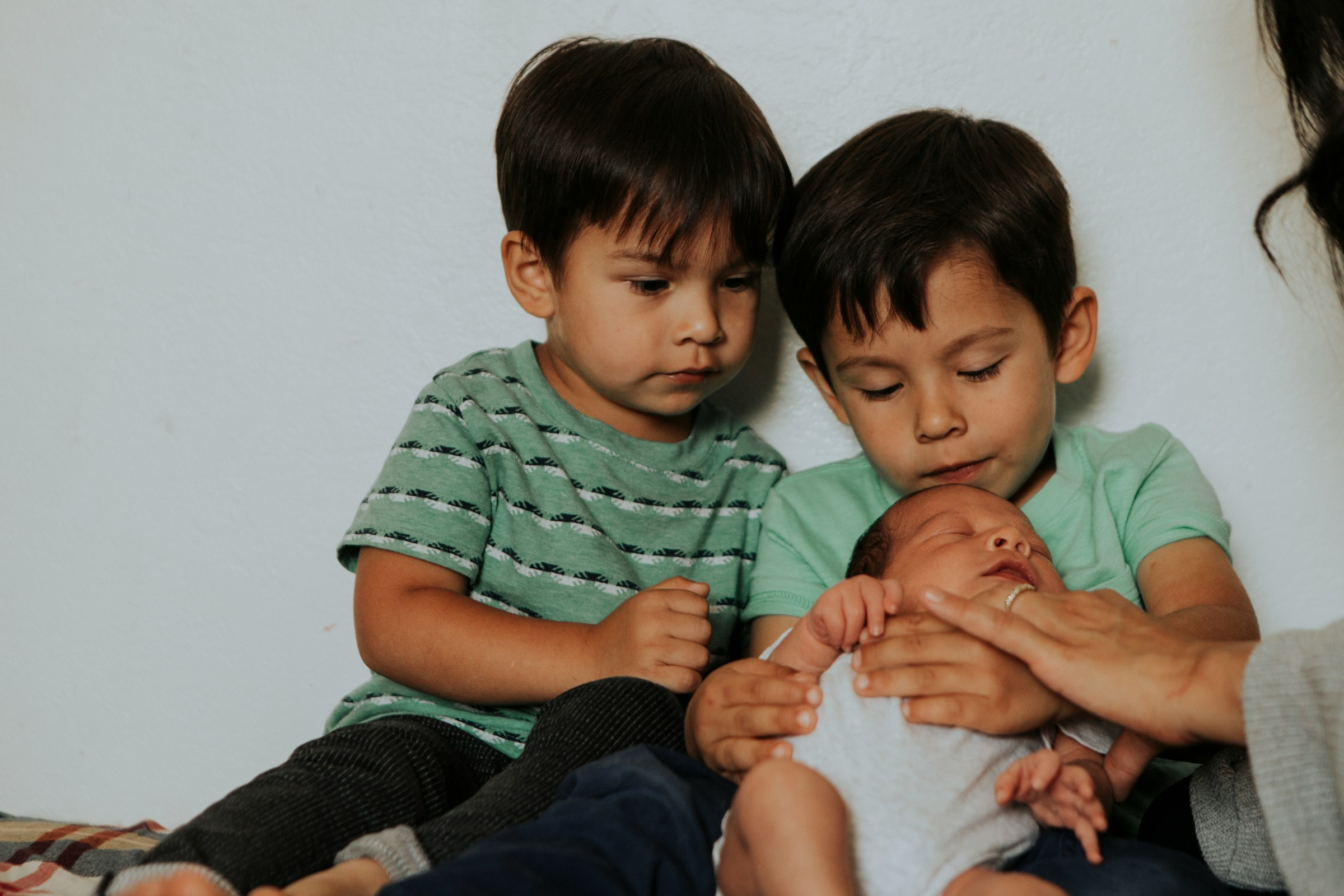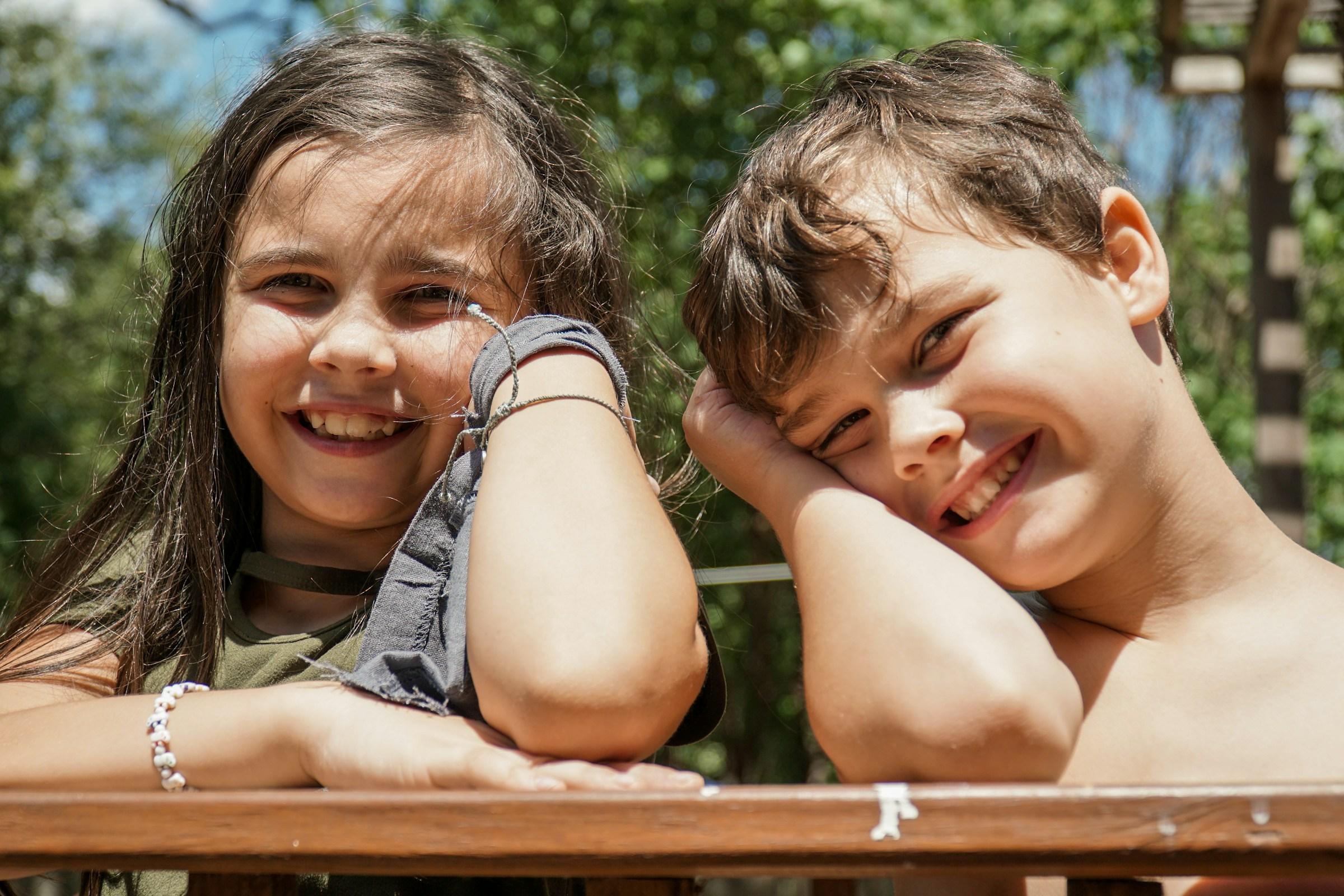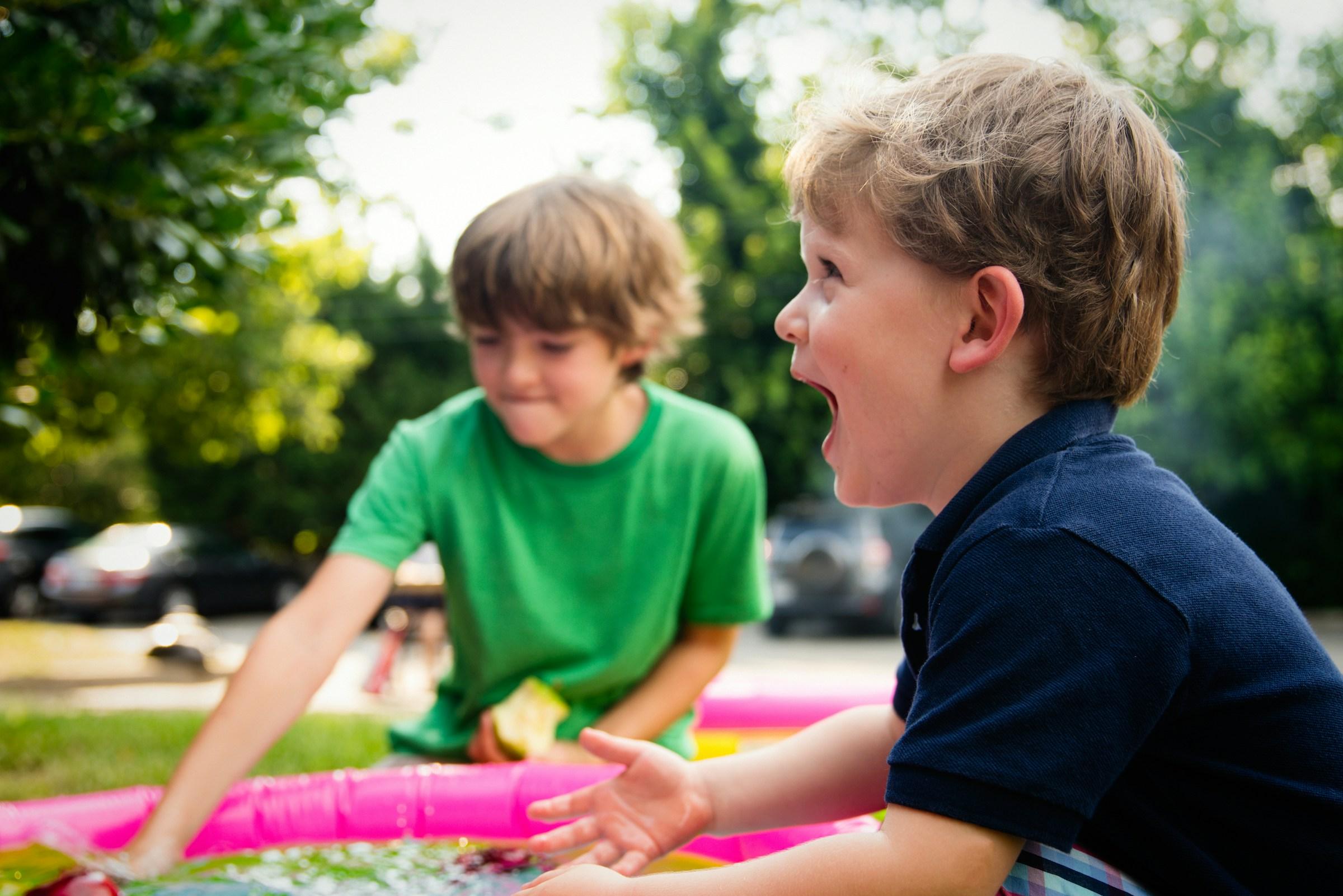Gen Beta is entering a world that already behaves like a live software update. For earlier generations, change arrived in big, obvious chapters. You could remember the first time you used dial up internet, the moment mobile phones became normal, or the shift from DVDs to streaming. Gen Beta will not have those sharp before and after memories. They are being born into an environment where digital tools, social norms, and even the climate itself are in constant motion. Their childhood will not just include change. It will be built around it. That is one reason many people suspect they might become the most adaptive generation so far.
The difference starts with what feels normal. Gen Z watched the world move from desktop internet to smartphones and social media as daily life. Gen Alpha grew up in homes where tablets became toys and online platforms quietly became babysitters, classrooms, and playgrounds. Gen Beta is arriving after those foundations are already laid. They will see generative AI in school projects, parents working from laptops at home in the middle of the day, and climate related disruptions appearing as regular news items rather than distant warnings. In other words, instability and rapid change will not be described to them as a future threat. It will be their starting context.
Yet simple exposure to chaos does not automatically make someone adaptable. Most adults alive today learned to adapt through crisis. You discovered a new skill only after your job changed, your health took a hit, or a relationship ended. You adjusted your budget only when bills started to hurt. That is reactive adaptation. It can be powerful, but it is painful and unpredictable. Gen Beta has a chance to learn something different. If the adults around them are intentional, adaptability can be framed as a steady habit rather than an emergency response.
The first influence is the way they will learn. Education is already moving away from pure memorization. Many schools are experimenting with problem based learning, group projects that mirror real life, and basic exposure to coding and digital literacy. With AI tools entering classrooms, young people can practice a new relationship with knowledge itself. Instead of memorizing every answer, they can be taught to ask more precise questions, evaluate the quality of responses, and cross check information from different sources. If teachers and parents reinforce that, Gen Beta will grow up seeing learning as an ongoing process rather than a task to finish.
That habit of continuous learning sits at the heart of adaptability. When you believe you can update your skills, beliefs, and habits over time, change feels less like a verdict and more like a challenge. The environment does not become kinder, but your posture towards it shifts. The world can move and you can move with it. The second influence is the home environment. Many millennial and Gen Z parents have already experimented with wellness trends, productivity methods, and small systems to manage stress. Not all of it is consistent, but it has changed the vocabulary. Words like capacity, burnout, emotional bandwidth, and mental load are now part of everyday conversations. Children who grow up hearing these phrases absorb an important idea early. Performance is not just about raw effort or talent. It depends on sleep, nutrition, emotional safety, and boundaries around work and technology.
This matters for adaptability because it shapes how Gen Beta might interpret pressure. If a child thinks that struggling at school or in a hobby means they are not good enough, they may give up. If they are taught to ask what is happening to their energy and focus, they are more likely to adjust conditions instead of attacking themselves. Maybe they needed a better study routine, a calmer space, or support from someone more experienced. This shift from self blame to system tuning is a quiet but powerful form of adaptation.
The third influence is how they experience community. Older generations learned to separate online life from real life. You had friends you met in person and internet strangers you chatted with on forums or social media. Gen Beta is more likely to grow up in a fully blended social world. Their cousin in another country can feel as close as a neighbour. Group projects may stretch across time zones. Hobbies can live in game servers, video calls, or local clubs. To function in that world, you have to become good at context switching. That means understanding that each group has its own norms, tone, humour, and sensitivities. You adjust how you speak without losing your core self. You listen to people from different backgrounds without collapsing your own values. When this is done well, it creates a flexible but grounded identity. That is a high level form of adaptability, and Gen Beta will have more chances to practice it than any generation before them.
Technology adds another layer. For many adults, artificial intelligence dropped into their working lives as something to be suspicious of. It sounded like a competitor for their job or a mysterious force they could not control. For Gen Beta, intelligent tools might arrive as homework assistants, creative partners, language tutors, or even emotional check in companions. The technology is not inherently positive or negative. The difference lies in how it is framed. If children are guided to see AI as a tool that helps them think more clearly and explore ideas faster, they will be more inclined to design workflows where human judgment and machine assistance coexist.
Imagine a teenager using AI to draft a first version of an essay, then editing it to reflect their own ideas and voice. Or a child using translation tools to talk to someone from another country. These are small examples of adaptive collaboration with technology. They train the mind to see tools as extensions of capability, not replacements for value. Of course, there is a darker side to all this potential.
Living inside constant flux can wear out a nervous system. If every week brings a new app, a new crisis headline, or a fresh performance metric, life starts to feel like an endless exam. Gen Beta may internalize a sense that they must always optimise, always upgrade, always refine themselves. Rest could feel like weakness. Being offline could feel like immediate falling behind. Flexibility could quietly turn into chronic distraction. There is also the risk of shallow commitment. When everything in your life can be muted, unfollowed, or replaced with a swipe, long term projects look less attractive. Whether it is a relationship, a challenging career path, or a slow creative craft, anything that offers delayed reward requires a tolerance for boredom and repeated effort. If adaptability is not anchored in purpose, it can drift into constant switching. A person becomes skilled at starting over, but poor at building depth.
That is where adults are still decisive. If you are a parent, teacher, or caregiver to Gen Beta, your influence is not about giving them every new tool on the market. It is about designing simple, resilient systems that survive bad days. Regular sleep times, shared meals, protected offline moments, unstructured play, and weekly check ins do more for long term adaptability than any shiny new productivity method. These routines teach children that life can have both structure and flexibility. When a schedule changes, the entire system does not collapse. It adjusts.
Equally important is the way adults handle their own changes. When you struggle with work, question a belief, or realise a routine is no longer working, you are modelling something whether you like it or not. If you pretend everything is fine until you snap, children learn that adaptation is something you hide until crisis explodes. If you can say that your plan is not working and that you are trying a different approach, they see experimentation in real time. They see that changing your mind is not a weakness but a skill.
In that sense, the future adaptability of Gen Beta depends less on their birth year and more on our collective habits. The environment they inherit will be volatile, and that part is not up to them. What is up to us is the operating system we build around their growth. If we treat their childhood as a branding exercise, we will spend more time arguing about labels than designing support. If we treat it as a living system, we will pay attention to basics. Sleep, nutrition, emotional safety, honest communication, and realistic expectations around technology. We will help them build internal anchors so that external change does not always feel like a personal threat.
Gen Beta could indeed become the most adaptive generation so far. Not because they are magically tougher or more talented, but because the world is forcing adaptation earlier and more often. The question is whether we help them turn that pressure into healthy capacity. If we do, they will grow up believing that they can learn new skills across their lifespan, adjust their routines when reality changes, and cooperate with both humans and machines to solve complex problems. They will see their identity as something with a stable core and flexible edges, capable of moving through different cultures and contexts without dissolving. If we fail, they may carry constant anxiety wrapped in a clever, high tech shell. They will know how to jump from trend to trend but never feel at home anywhere. They will respond to every shift with panic instead of curiosity.
The path is not fixed. That is exactly the point. Adaptability is built in the quiet, boring parts of daily life. In how we talk about mistakes. In how we respond to setbacks. In whether we offer children shame or support when they struggle. Gen Beta will notice all of this. They will copy more than they listen. So when we talk about them as a highly adaptive generation, it is not a prediction to sit back and watch. It is an invitation to participate. The more we practice healthy adjustment in our own lives, the more they will see adaptation as normal, humane, and sustainable. If that happens, they will not just survive an unstable world. They will learn to work with it, shaping adulthood into something more flexible, more grounded, and more honest than what many of us grew up with.










.jpg&w=3840&q=75)



